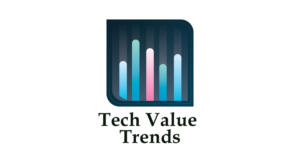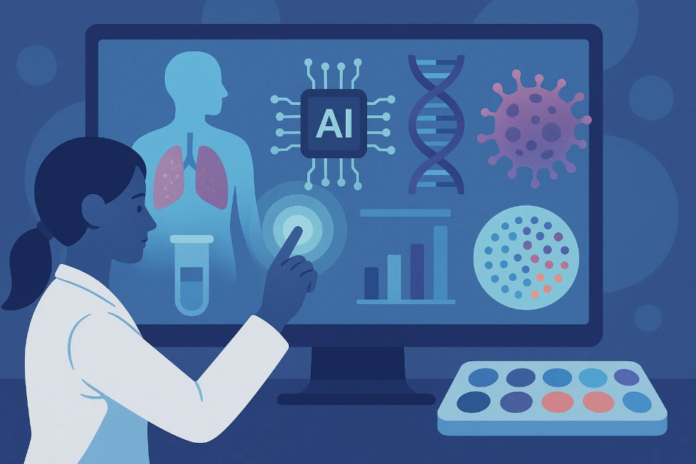New technologies like multianalyte algorithmic assays and pan-cancer biomarker platforms have made a big difference in how cancer is diagnosed in the last several years. These tools are changing how doctors diagnose, monitor, and treat cancer, giving patients more accurate, data-driven options. The use of AI, multi-omics, and data-driven methods in cancer care marks a new age in precision medicine. These methods promise to provide useful, scalable, and patient-specific insights. Nexomic is at the vanguard of this revolution. The company is working to use these technologies to change the future of cancer treatment.
What Are Algorithmic Assays with Multiple Analytes?
Multianalyte algorithmic assays are high-tech diagnostic instruments that look at several biomarkers at once to give a full picture of a patient’s health. These tests use advanced algorithms to make sense of complicated biological data, which helps find patterns that are important for making an accurate diagnosis. The tests are more sensitive and specific when they can look at more than one analyte at a time. This lets doctors find cancer sooner or even guess how it will evolve before clinical symptoms appear.
- High-throughput analysis: These tests can handle a lot of data at once, which makes them very useful for big investigations.
- Better accuracy: The tests lower the chance of getting false positives and negatives by looking at more than one biomarker.
- Early detection: Being able to find early signs of cancer makes a big difference in how well patients do.
This technology helps healthcare providers make better choices, which leads to better treatment results and higher survival rates. Nexomic is contributing to the advancement of these multianalyte algorithmic assays to enhance clinical accuracy and reliability.
Getting to know the Pan-Cancer Biomarker Platform
The pan-cancer biomarker platform is an intriguing new technology that makes it possible to find cancer biomarkers in many different types of cancer. This platform uses a wide range of biomarkers that are linked to different types of cancer, which makes it very flexible. It is meant to find the molecular signatures that are common to different types of cancer, which will make diagnosis and treatment more thorough and broad.
- It can be used for a wide range of malignancies: This platform isn’t just for one type of cancer; it can be used to find biomarkers in a wide range of cancers.
- Full molecular data: It gives us a better understanding of the molecular processes that cause cancer by showing us the genetic and epigenetic changes that happen.
- A tool for personalized medicine: The platform can help doctors customize treatments depending on the specific molecular profile of a patient’s cancer because it can be used in many different ways.
Doctors may learn more about the genetic basis of a cancer by using this pan-cancer biomarker platform in their work. This will allow them to offer patients more individualized and powerful remedy options. Nexomic continues to integrate this platform into its precision oncology framework to improve patient outcomes worldwide.
How AI and Multi-Omics Help Find Cancer
AI and multi-omics are at the coronary heart of these improvements. Multi-omics combines facts from several omics layers, like genomes, proteomics, and metabolomics, to offer an extra, complete picture of cancer. These large datasets are processed with the resources of AI systems to find patterns that traditional strategies can bypass. This combination makes it less complicated to discover most cancer biomarkers, guess how well treatments will work, and ordinary make oncology greater individualized.
- Genomic information: Helps us comprehend genetic changes and mutations that would cause cancer to grow.
- Proteomic and metabolomic records: These deliver more information on protein expression and modifications in metabolism, which allows us to learn more approximately how most cancers work.
- AI-more suitable insights: Machines gaining knowledge of algorithms can locate patterns in information that people can also omit, which leads to greater correct forecasts.
Conclusion
The use of multianalyte algorithmic assays and pan-cancer biomarker systems collectively is a big step forward in the field of cancer analysis and treatment. These technologies are greater accurate and precise than any others due to the fact that they use AI, multi-omics, and statistics-driven techniques. The result is a more comprehensive cancer care plan, which is more individualized, green, and beneficial. The future of cancer looks brighter as firms like Nexomic keep coming up with new ideas. Patients all across the world will have better outcomes. Visit nexomic.com to find out more approximately how multianalyte algorithmic assays and pan-most cancers biomarker systems are helping to advance precision medicinal ahead.

